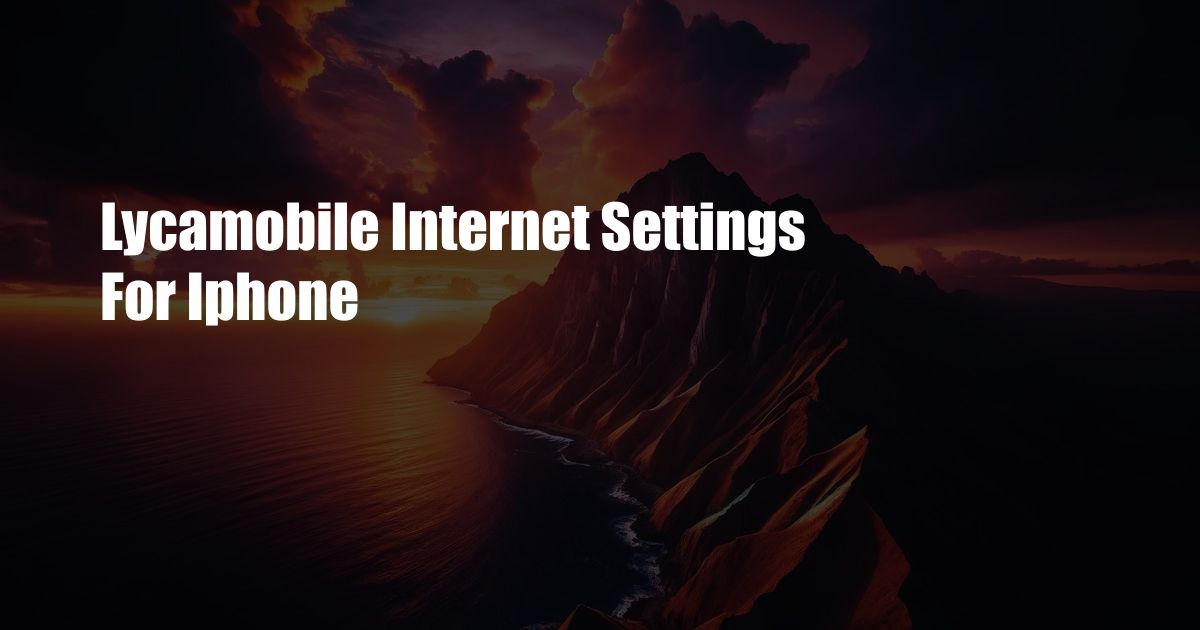Reliable sources of information about The Problem Is Not The Problem Quote, all presented in this article for you.

The Problem Is Not the Problem
In the labyrinthine realm of life, we often navigate through a maze of challenges, each with its own unique set of intricacies. Amidst these roadblocks, it’s easy to become ensnared in the vortex of the problem itself, losing sight of the deeper truths that lie beneath the surface.
Yet, as the adage goes, “The problem is not the problem; the reaction to the problem is the problem.” This profound insight, attributed to legendary management guru Stephen Covey, unveils a paradigm shift that transforms our approach to adversity. It invites us to transcend the immediate challenge and delve into the realm of our own responses.
Beyond the Surface: Exploring the Reaction
Every problem, no matter how daunting, is merely a catalyst for our growth and evolution. The true test lies not in the problem itself, but in our capacity to respond with wisdom and resilience. It’s our reactions, our thoughts, emotions, and behaviors, that ultimately shape the trajectory of our experience.
In the face of adversity, we may succumb to fear, anger, or despair. We may become paralyzed by the weight of the problem, allowing it to consume our lives. Alternatively, we can choose to respond with a more conscious and empowering mindset.
A Deeper Dive into the Problem and the Reaction
To fully comprehend the profound nature of this quote, it’s imperative to understand the multifaceted relationship between the problem and the reaction:
The Problem: A Neutral Event
Problems, in essence, are neutral occurrences that neither inherently positive nor negative. They are simply part of the tapestry of life. It’s our perception of the problem, our subjective interpretation of its significance, that赋予s it its power over us.
- Example: Losing a job can be perceived as a devastating setback or an opportunity for growth and reinvention.
The Reaction: A Choice
In response to a problem, we have the agency to choose how we react. This choice can either exacerbate the situation or empower us to learn and grow. Our reactions are driven by our beliefs, values, and past experiences, shaping the trajectory of our outcomes.
- Example: Faced with a challenging client, we can choose to react with frustration or with empathy, seeking to understand their perspective.
The Impact: Shaping Our Reality
The reaction we choose has a profound impact on our experience of the problem. Negative reactions, such as fear or anger, can intensify the problem and lead to further suffering. Conversely, positive reactions, such as resilience or problem-solving, can mitigate the problem’s impact and create opportunities for growth.
- Example: When faced with a financial setback, those who react with determination and resourcefulness are more likely to overcome the challenge than those who succumb to despair.
Current Trends and Developments
In recent years, there has been a growing recognition of the importance of focusing on the reaction to problems rather than the problems themselves. This shift is reflected in various disciplines, including psychology, leadership, and personal development.
Research in positive psychology highlights the power of positive thinking and resilience in overcoming adversity. Organizations are embracing emotional intelligence and conflict resolution techniques to enhance communication and foster a more positive work environment.
In the realm of personal development, individuals are seeking tools and strategies to manage their reactions to stress, improve decision-making, and cultivate a mindset of growth.
Tips and Expert Advice
To effectively manage the reaction to problems, consider these tips and expert advice:
- Practice mindfulness: Pay attention to your thoughts and emotions without judgment, allowing yourself to observe your reactions without getting caught up in them.
- Challenge negative thoughts: Identify and challenge unhelpful or irrational thoughts that may be fueling your negative reactions.
- Focus on solutions: Instead of dwelling on the problem, shift your energy towards identifying and implementing solutions.
- Seek support: Reach out to trusted friends, family members, or a therapist for support and guidance during challenging times.
- Practice self-compassion: Be kind to yourself, recognizing that it’s okay to experience setbacks and challenges.
Explanation of Tips and Expert Advice
These tips provide practical strategies for managing the reaction to problems. Mindfulness helps us observe our reactions without getting overwhelmed by them, while challenging negative thoughts promotes a more positive and realistic perspective.
Focusing on solutions shifts our attention away from the problem and towards taking constructive action. Seeking support provides us with a sense of community and helps us learn from others’ experiences. Finally, self-compassion reminds us that we are not alone and that it’s acceptable to make mistakes and experience challenges.
Frequently Asked Questions
To enhance understanding, here are some frequently asked questions about the quote “The problem is not the problem; the reaction to the problem is the problem”:
- Q: What does the quote mean?
A: The quote emphasizes that the most significant challenge lies not in the problem itself, but in our response to it. Our thoughts, emotions, and behaviors in the face of adversity shape the ultimate outcome.
- Q: How can I apply this quote to my life?
A: By practicing mindfulness, challenging negative thoughts, focusing on solutions, seeking support, and cultivating self-compassion, individuals can more effectively manage their reactions to problems and foster a more positive and resilient mindset.
- Q: Is it possible to completely eliminate negative reactions to problems?
A: While it may not be possible to completely eliminate negative reactions, it is possible to develop strategies to minimize their impact. By practicing mindfulness and focusing on positive thinking, individuals can reduce the intensity and duration of negative reactions.
Conclusion
The adage “The problem is not the problem; the reaction to the problem is the problem” serves as a powerful reminder that our true challenges lie not in the obstacles we face, but in our own reactions. By embracing this principle, we can transcend adversity, cultivate resilience, and unlock our full potential.
Are you interested in learning more about the topic of effectively managing the reaction to problems? Share your thoughts and questions in the comments below, and let’s continue the conversation.

Image: www.pinterest.com
Thank you for visiting our website and taking the time to read The Problem Is Not The Problem Quote. We hope you find benefits from this article.
 TeknoHo.com Trusted Information and Education News Media
TeknoHo.com Trusted Information and Education News Media



